Does Intermittent Fasting Pose Any Risk of Muscle Loss?
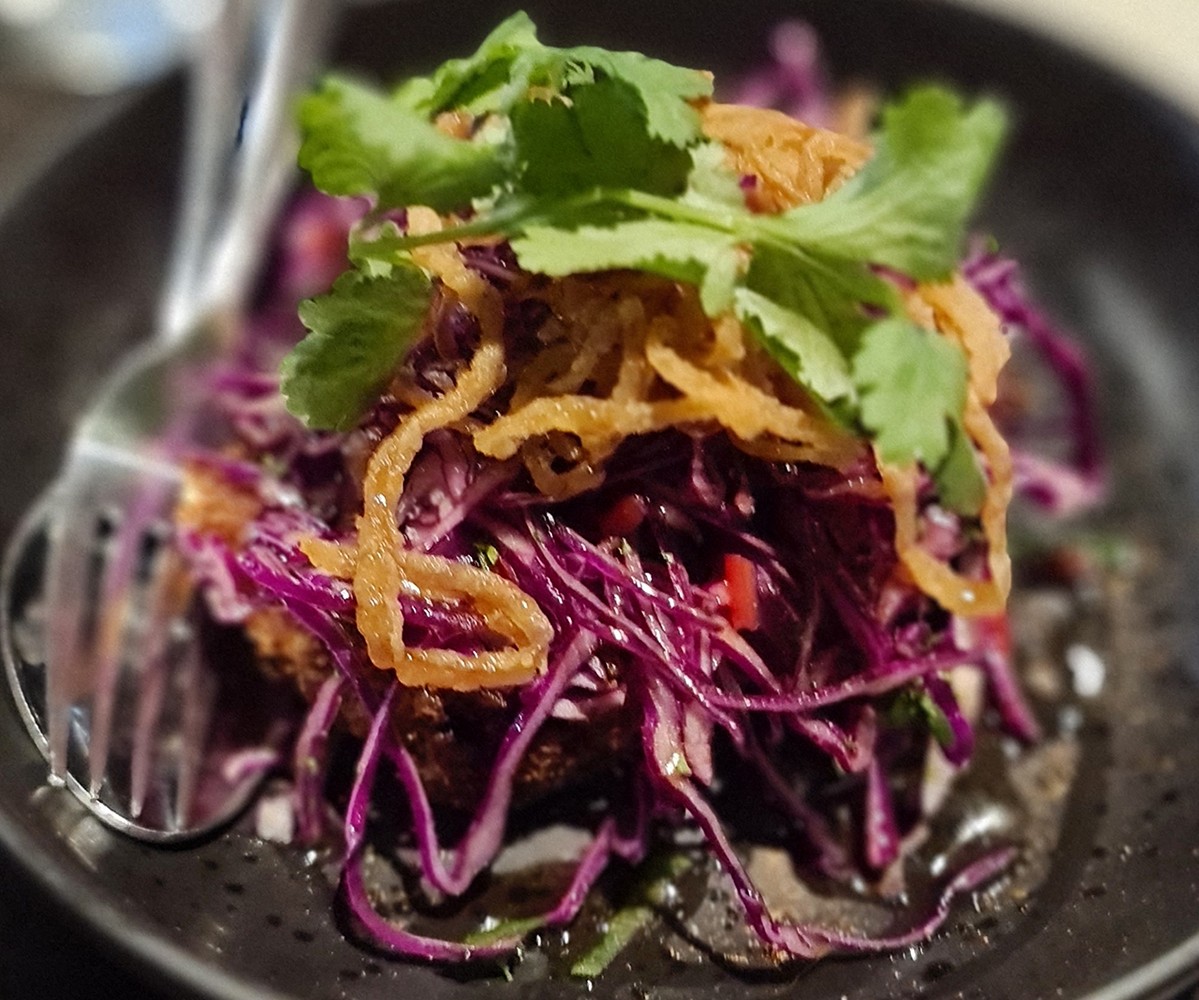
Will I lose muscle on a fasting diet?
When you're lifting weights to grow more muscle, or simply trying to maintain what you have built already, optimal protein intake along with adequate rest helps make this happen.
Your muscle protein is constantly "turning over" via the breakdown of old/damaged proteins and the resynthesis of new functional proteins.
And when there are more proteins turning over than not, muscle gain occurs. But when you've trained frequently and there's not enough protein for your muscles to assist with the "turning over", then muscle loss occurs.
A recent study examined muscle loss and fasting and reported just how limited the data into muscle loss is off the back of fasting.
The obvious argument posed is that given the importance of protein to build muscle, those looking for optimal muscle gains would be better to consume protein in a more consistent manner of 3-5 hours, in line with other recommendations to not go longer than 6 hours without protein. With this in mind, fasting might not be ideal for competitive bodybuilders, for example, but more research is needed.
However, research has found that given fasting's increase in growth hormone, this might just help spare muscle breakdown.
Such might be evident in studies like this 8 week one, where 34 resistance-trained men were divided into two groups:
Group one: Fasted 16 hours a day and ate for eight hours
Group two: Ate for 12 hours each.
Both groups were matched for calories and macros (54% carbs, 23% fat, 22% protein) and followed the same weight training program three days/week. I will say that the protein intake here was terrible, it should have been more like 54% protein and not carbs, but the point is there was no advantage to either group.
So, what did they find? Well, both groups maintained their muscle mass.
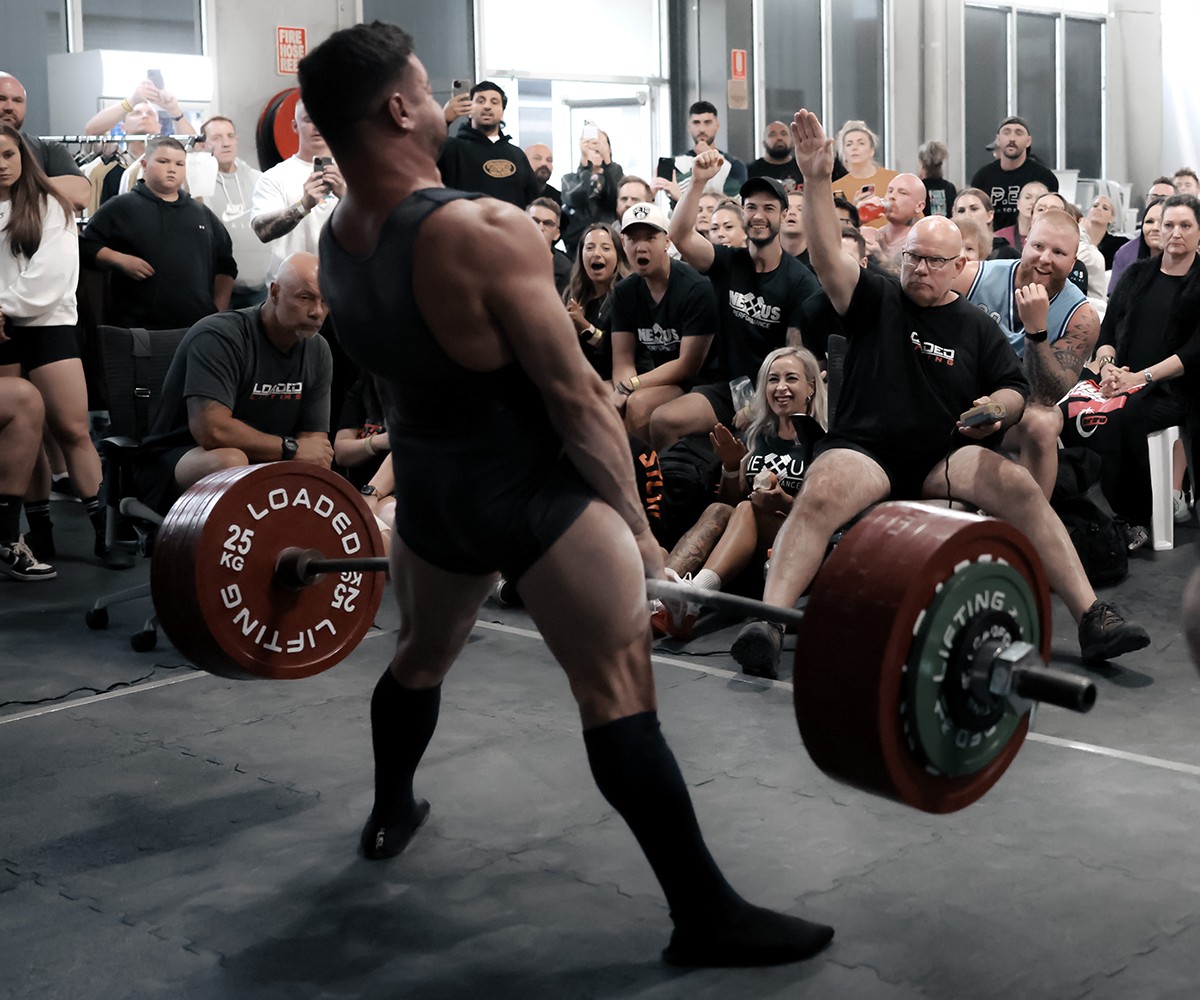
When asked directly about preserving muscle during fasting, leading nutritional researcher Alan Aragon said:
"The body’s surprising capability of muscle-preservation in hypocaloric conditions is apparent despite suboptimal feeding patterns/low meal frequency, as long as totals are met & resistance training is sound."
In other words, if you're eating enough protein daily and training hard enough, you'll likely maintain your muscle mass. But Mr Aragon adds that it's "not ideal for the goal of maximizing muscle growth."
How long can I go without eating protein before I lose muscle?
Fasting can cause muscle loss, but it's normally well after 24 hours. And that's not something commonly done by those practising intermittent fasting.
The process in which we "lose" muscle occurs when, in order to maintain blood glucose, our amino acids must then be converted into glucose (called de novo glucogenesis).
And if the body can't get it from the protein we've consumed, then it turns to our muscle tissue (which is made up of around ~80 percent protein).
This study looked at how many amino acids were recruited for de novo glucogenesis after a 100-gram glucose load.
After 16 hours, the study found amino acids from muscle contributed to 50% of the glucose maintenance, but then almost 100% after 28 hours. So, muscle loss occurs after around 24 hours, but that's if you've eaten NO protein!
In the real world, those doing intermittent fasting are eating a boatload of protein (around 2 grams per body weight per day) within their feeding window, meaning there are plenty of amino acids available in the bloodstream. Add fat and carbohydrates to the mix and that slows digestion, too.
But if you were consuming glucose only (carbohydrates) and training, without muscle protein for around 24 hours, then you'd likely experience muscle loss. But again, this isn't what happens in the real world.
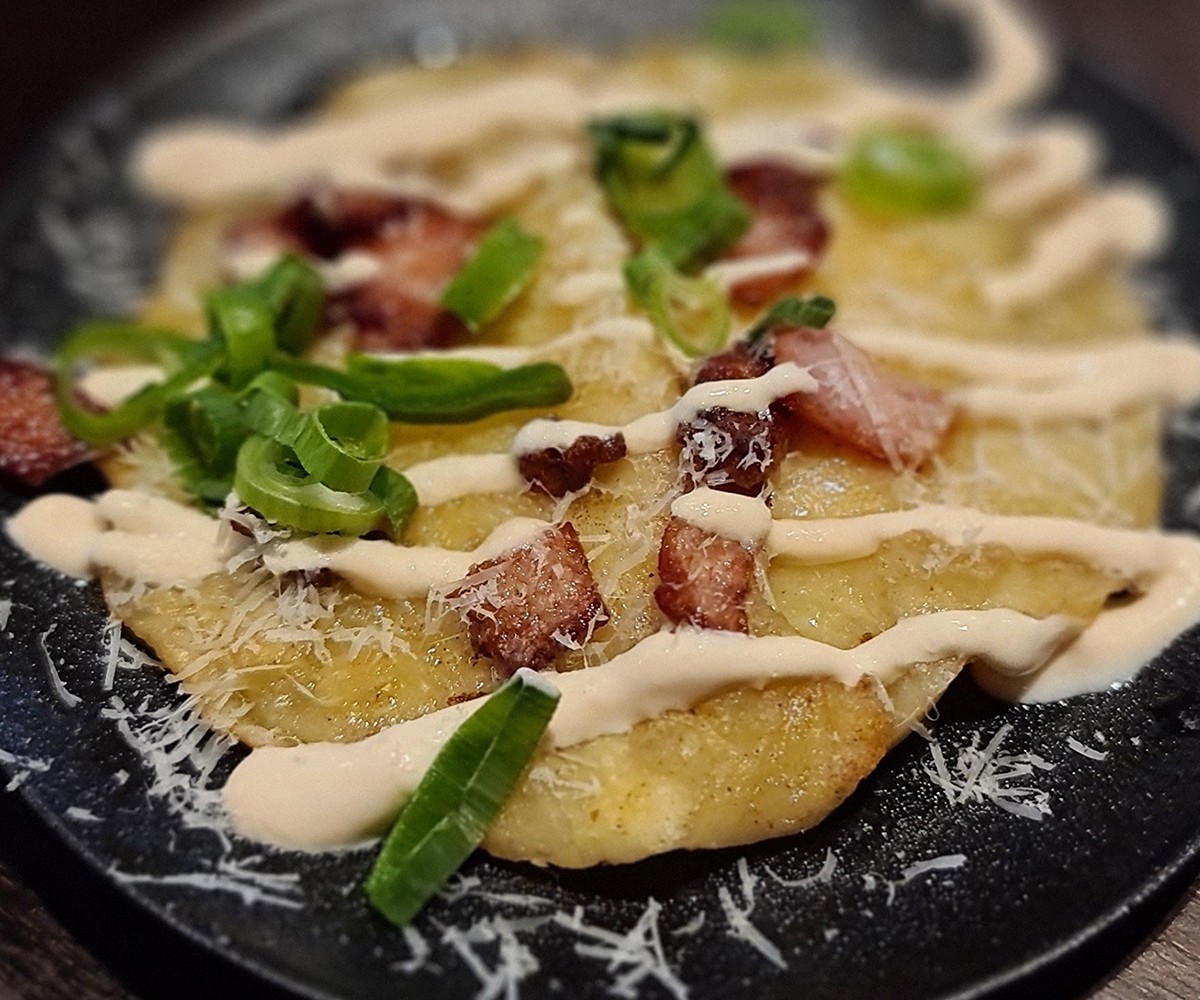
Further research has backed this up: subjects who underwent 70 days of alternate daily fasting (eating one day and fasting the next) lost NO muscle mass.
And in this 8-week study, adult men were randomized into one of two groups:
Group one: resistance training alone
Group two: Resistance training plus consuming all calories within any 4 hour period between 4 pm and midnight on non-workout days (they trained 3 days a week and had 4 days off).
In the end, they found lean mass was maintained the same in both groups.
The bottom line is on intermittent fasting
Ultimately, more research is needed into intermittent fasting in the context of how we train with weights. But based on the available data, if maximal muscle growth is our goal, then eating protein every 6 hours (2 grams per kilogram of body weight per day) might be ideal.
However, given fasting doesn't allow for such meal frequencies, ensuring you get enough protein (~2 grams per kilogram of body weight per day) is key to maximising muscle growth effects and minimising muscle loss.
Future studies might show this is all we need, and we don't need multiple servings of protein per day for maximal muscle growth. Many studies have shown that during fasting, muscle loss doesn't occur, whereas others have.
To be safe, ensure a protein-rich meal before bed with carbohydrates, fat and fibre to slow digestion, if you're looking to fast the next day for 24 hours and you're not training. This will ensure no muscle loss occurs.
We await more detailed and long term studies into the benefits of intermittent fasting versus 3-6 meals per day in resistance-trained individuals for muscle growth.
References:
- Aragon AA, Schoenfeld BJ. Nutrient timing revisited: is there a post-exercise anabolic window?. J Int Soc Sports Nutr. 2013;10(1):5. Published 2013 Jan 29. doi:10.1186/1550-2783-10-5
- Bhutani S, Klempel MC, Berger RA, Varady KA. Improvements in coronary heart disease risk indicators by alternate-day fasting involve adipose tissue modulations. Obesity (Silver Spring). 2010 Nov;18(11):2152-9. doi: 10.1038/oby.2010.54. Epub 2010 Mar 18. PMID: 20300080.
- Carbone JW, Pasiakos SM. Dietary Protein and Muscle Mass: Translating Science to Application and Health Benefit. Nutrients. 2019;11(5):1136. Published 2019 May 22. doi:10.3390/nu11051136
- Hellerstein MK. De novo lipogenesis in humans: metabolic and regulatory aspects. Eur J Clin Nutr. 1999 Apr;53 Suppl 1:S53-65. doi: 10.1038/sj.ejcn.1600744. PMID: 10365981.
- Jenkins DJ, Jenkins AL, Wolever TM, Collier GR, Rao AV, Thompson LU. Starchy foods and fiber: reduced rate of digestion and improved carbohydrate metabolism. Scand J Gastroenterol Suppl. 1987;129:132-41. doi: 10.3109/00365528709095867. PMID: 2820027.
- Nørrelund H, Nair KS, Jørgensen JO, Christiansen JS, Møller N. The protein-retaining effects of growth hormone during fasting involve inhibition of muscle-protein breakdown. Diabetes. 2001 Jan;50(1):96-104. doi: 10.2337/diabetes.50.1.96. PMID: 11147801.
- Tinsley GM, Butler NK, Forsse JS, et al. Intermittent fasting combined with resistance training: effects on body composition, muscular performance, and dietary intake. J Int Soc Sports Nutr. 2015;12(Suppl 1):P38. Published 2015 Sep 21. doi:10.1186/1550-2783-12-S1-P38
- Williamson E, Moore DR. A Muscle-Centric Perspective on Intermittent Fasting: A Suboptimal Dietary Strategy for Supporting Muscle Protein Remodeling and Muscle Mass? Front Nutr. 2021 Jun 9;8:640621. doi: 10.3389/fnut.2021.640621. PMID: 34179054; PMCID: PMC8219935.
- Williamson, Eric, and Daniel R Moore. “A Muscle-Centric Perspective on Intermittent Fasting: A Suboptimal Dietary Strategy for Supporting Muscle Protein Remodeling and Muscle Mass?.” Frontiers in nutrition vol. 8 640621. 9 Jun. 2021, doi:10.3389/fnut.2021.640621
Related Blogs
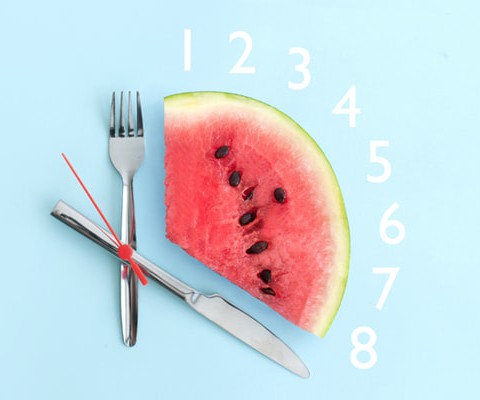
Will Intermittent Fasting Help Me Lose More Weight?
Posted by Bulk Nutrients
Estimated reading time: 6 minutes
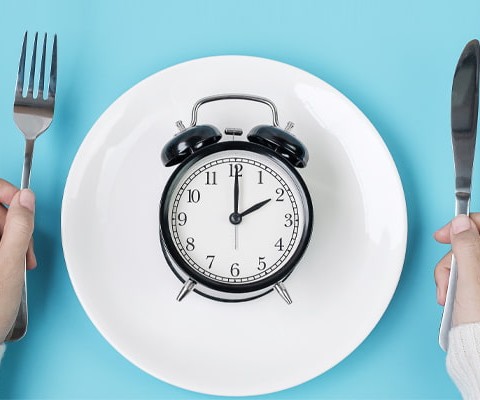
Fasted Weight Training: Is It Optimal?
Posted by Jackson Peos
Estimated reading time: 5 minutes
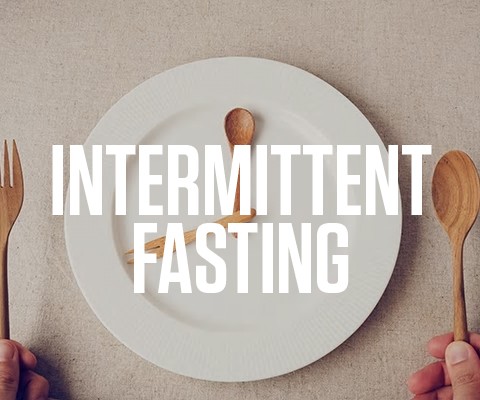
Intermittent fasting: What's it all about?
Posted by Ellie Hearn
Estimated reading time: 5 minutes














































